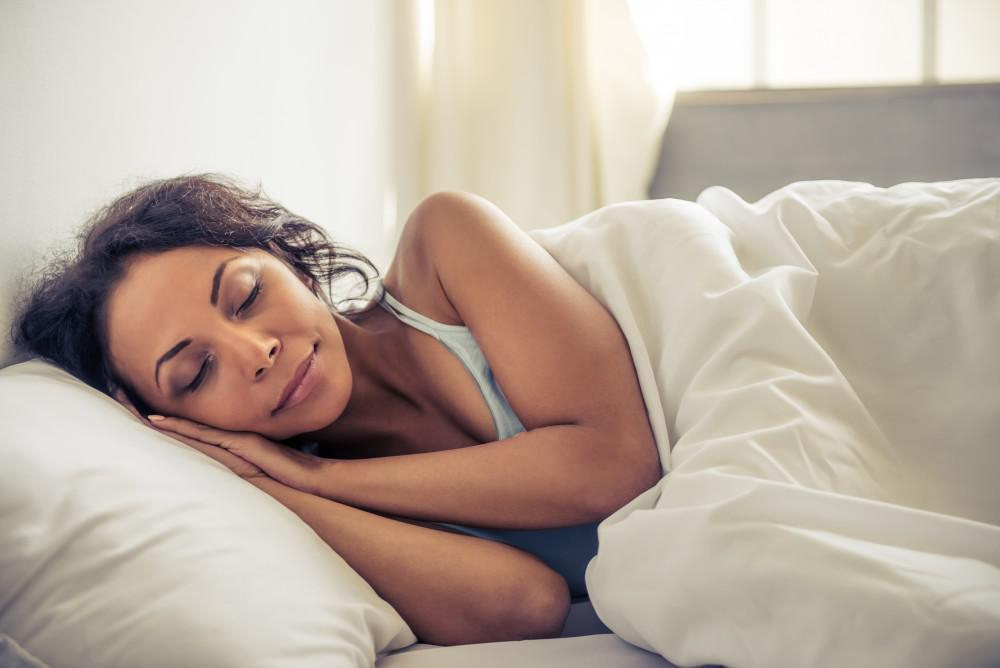In my first post on the subject of sleep, I discussed why it is important to get an adequate amount of high quality sleep, especially for athletes in training. It is important for health, recovery, body composition, and performance increases, among other things. I hope I convinced you! You might be wondering whether you are getting enough. As an athlete, getting the low-end of the recommendation (7 hours) might be leaving you chronically sleep deprived without you realizing it. So today, here are four main signals from you’re body that you are not actually getting the sleep you need.
- You’re constantly hungry…. And you eat a good breakfast, and have not recently increased your training. A recent study has found that a person’s sleep is linked to hunger – in that the less sleep you get, the more hungry you feel. The mechanisms of this relationship are found in ghrelin, which the sleep-deprived body produces in higher levels. This is the same hormone that triggers hunger. And unfortunately, high levels of ghrelin do not stimulate fruit and veggie seeking, but rather increase cravings for salty, fatty foods and refined carbohydrates. This also explains why those who do not get enough sleep are more prone to weight gain. So if you find yourself feeling ravenous, despite adequately fueling your training needs, and reaching for
- You find yourself more emotional, easily tearing up over seemingly trivial matters. While women might be quick to blame hormonal fluctuations or PMS, a lack of sleep could be sending your emotions off the deep end and disrupting your ability to manage normal stress. A 2007 study showed that participants with sleep-deprived brains were over 60% more reactive to negative images than those with adequate sleep. That same study also showed that lack of sleep elevated activity in areas of the brain associated with depression and other psychiatric disorders.
- You’re less focused, and tend to forget things. In our culture where business and exhaustion are arguably seen as status symbols, it can be easy to attribute less focus or forgetfulness to our hectic schedules or overflowing inboxes. But you should think twice before ignoring this warning sign – lack of sleep has been shown to cause significant cognitive impairments, negatively affecting complex thought, logical reasoning, focus, memory, decision making, memory, and new learning.
- You’re constantly fighting off the latest seasonal bug. Very few things can be more frustrating for an athlete then having a high-volume or high-intensity training block planned, and being forced to take unplanned rest because of illness. Although ignoring your body plea for rest and training hard while sick is a horrible idea and a recipe for long-term disaster, it’s more ideal to not get sick in the first place. When you consistently get enough sleep, you are helping your body build a better defense against illness, and thus will actually maximize your training. I recently saw a facebook post of a fellow bike racer talking about extreme business, as she combined work, training, and a family life (no small feat to be sure!), and stated that sometimes she actually trained more hours than she slept. Although that might seem like an athlete badge of honor, it is really quite silly, and setting yourself up for failure. Research has shown that people who sleep less than seven hours a night are more than three times more likely to catch a cold… and that’s before taking into consideration the stress an athlete’s training puts on his or her body. Until recently, sleep-specialists knew of the immune-suppressing effects of sleep deprivation, but didn’t know how or to what extent. A new study has changed that, which has shown that even slight sleep deprivation can disrupt the immune system’s ability to regulate itself. “Very small disruptions in sleep, very small losses in terms of duration of sleep, were associated with pretty big increases in your probability of getting sick if you’re exposed to a virus,” said Sheldon Cohen, a professor of psychology at Carnegie Mellon University and the first author of the study. “It’s not just insomniacs or people being deprived of sleep.” And after controlling for many other health factors, the longer participants slept, the better their bodies’ were at fighting off infection.
So if you want to better manage hunger and emotions, maximize brain capacity and avoid sickness, get in bed a bit earlier, and give your body the full 7-9 hours it needs (note: this number is typically closer to 9 if you’re an athlete training more than 12 hours a week).
sleep
Next up, practical tips to get the quality and quantify of sleep we need. Because I happen to understand the frustration of knowing how important sleep is, and yet having it elude you when you want it most.

